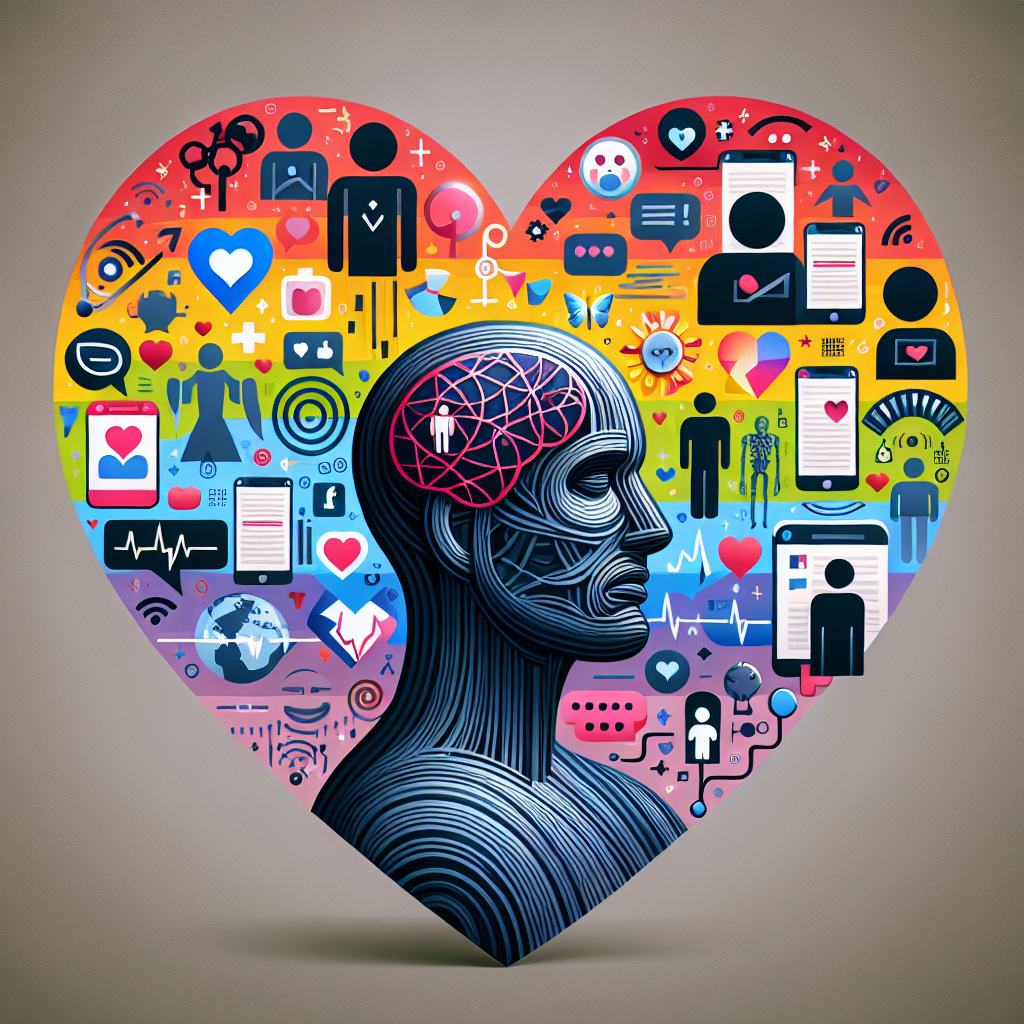Social media has become an integral part of modern day society, connecting people from all walks of life and providing a platform for self-expression and communication. However, while the benefits of social media are widely acknowledged, there is growing evidence that its negative impact on mental health, particularly for gay men, is significant and undeniable.
The pressure to fit in and conform to societal standards is a struggle that many gay men face on a daily basis. In a world where the mainstream media often portrays the “ideal” man as muscular, masculine and straight, it is no wonder that many gay men feel the need to strive for an unattainable standard. Social media, with its endless stream of images and posts, can exacerbate this problem by constantly bombarding gay men with unrealistic and often unattainable body standards. This can lead to feelings of inadequacy, low self-esteem and can ultimately contribute to the development of mental health issues such as anxiety and depression.
Moreover, social media is a breeding ground for discrimination and hate speech, and gay men are often the target of homophobic comments and cyberbullying. The anonymity provided by social media platforms allows individuals to express, and even promote, homophobia without fear of consequences. As a result, many gay men are subjected to hurtful and derogatory comments online, which can have a damaging impact on their mental well-being.
Furthermore, in the quest for validation and acceptance, many gay men may find themselves comparing their own lives to the seemingly perfect and glamorous lives of others portrayed on social media. This constant comparison can lead to feelings of inadequacy and dissatisfaction, ultimately contributing to poor mental health.
It is clear that the negative impact of social media on gay men’s mental health is a pressing issue that needs to be addressed. However, there are steps that can be taken to mitigate this impact. Encouraging open and honest discussions about the unrealistic nature of social media and the importance of self-acceptance and self-love can help gay men to better navigate the online world. Additionally, promoting inclusivity and support for the LGBTQ+ community on social media platforms can help to create a more positive and nurturing online environment.
Finally, it is crucial that mental health support and resources are made readily available to gay men who may be struggling with the negative impact of social media. This can include access to therapy, support groups, and online resources specifically tailored to the LGBTQ+ community.
In conclusion, while social media has undoubtedly brought about a multitude of benefits, its negative impact on gay men’s mental health is a growing concern. By acknowledging these issues and working towards creating a more positive and inclusive online space, we can help to alleviate the mental health struggles that many gay men face as a result of their online experiences.
